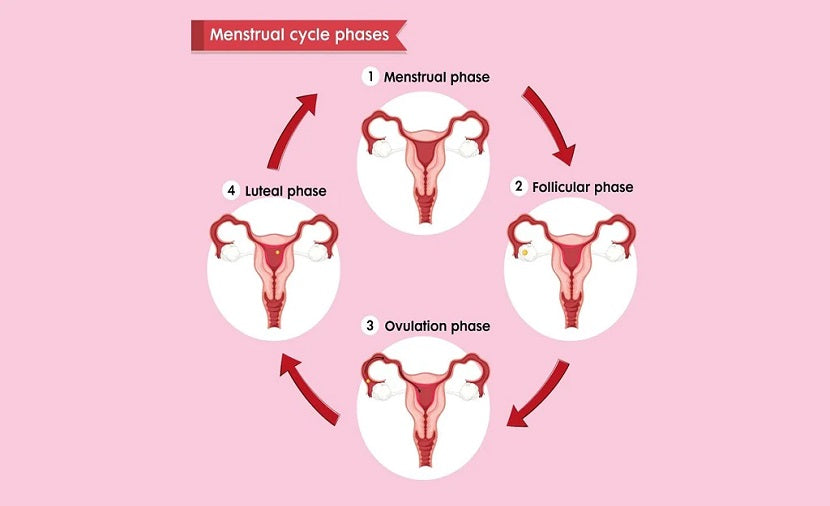
What is melatonin?
Melatonin is a hormone secreted by the pineal gland. It acts as the messenger that tells our body that it’s time for sleep by sending signals to our brain. Darkness stimulates the release of melatonin into the bloodstream while light inhibits the same. Once released, melatonin binds to hormonal receptors located in the brain’s nuclei — a cluster of nerves that regulates the body’s internal clock and circadian rhythms — and travels into the cerebrospinal fluid and the bloodstream, making the body relax.
Pros & cons of melatonin
When used occasionally and at the correct time (very infrequently, like long aeroplane flights), melatonin is an effective way to encourage sleep. Ironically, however, melatonin can actually amplify insomnia with prolonged use. Having too much melatonin the system overwhelms the receptors and changes how a person reacts to the hormone — whether it’s endogenous, exogenous, synthetic or natural. (With children and adolescents, synthetic melatonin can affect puberty, disrupt menstrual cycles and impede normal hormonal development, according to a research study in 2015.)
Excess melatonin can also induce hypothermia, as body temperatures reduce during melatonin release and stimulate overproduction of the hormone prolactin. High prolactin levels can also cause hormonal problems and even kidney and liver issues in men.
How to boost melatonin naturally
Naturally, you can encourage the precursors of nutrients that assist with melatonin production. Serotonin is a hormone on the ladder before melatonin and over 90% of your body’s serotonin is made in your gut. See the link?
It’s vital to have healthy gut flora to make sufficient melatonin.
Prebiotics and probiotics will greatly help. Check for any gut dysbiosis and/or parasites and correct the issue. Women often comment that a 15ml dose of Happy Greens just before bed allows them to have a deeper and more natural sleep.
B6 also aids with melatonin production. Magnesium will relax your muscles and even Epsom salt baths will help.
In the body, nearly 300 enzymatic activities depend on the mineral magnesium. It is essential for keeping muscles and nerves in good condition and can lessen cramps and spasms. Magnesium has also been demonstrated to increase feelings of relaxation, lower stress levels, and improve the quality of sleep.
Another option is to increase your consumption of foods high in melatonin. Melatonin-rich foods include:
- goji berries
- tart cherries
- walnuts
- almonds
- pineapple
- tomatoes
- bananas
- oranges
Tryptophan, on the other hand, is an essential amino acid and one of the precursors to melatonin production. Increasing your intake of tryptophan-rich foods may also boost melatonin levels. Some of the foods with the highest amount of tryptophan are:
- spirulina
- soy nuts
- cottage cheese
- chicken liver
- pumpkin seeds
- turkey
- chicken
- tofu
- watermelon seeds
- almonds
- peanuts
- yoghurt
You can also get quality sleep by avoiding caffeine at least five hours before going to bed. Stay away from artificial lighting and WiFi/ EMF devices. Have a candlelight read before bed. Try meditation. All these can help you sleep better and wake up refreshed and ready for another day ahead!
Parting Thoughts
For the body to heal itself from sleep deprivation, we must create an environment to be healthy. It is a very simple concept, yet most struggle to create this environment where the body can maintain health and ideally regenerate itself.
The Happy Healthy YOU guide presents the dos and don'ts of health along with a program that can easily be implemented and then rolled into an ongoing set of choices towards health and wellbeing. You will start to feel better, lose weight if you need to, sleep more soundly, and ultimately set the direction of your health in a positive way.
REFERENCES
Yuanyuan Li, Yanli Hao, Fang Fan, and Bin Zhang. The Role of Microbiome in Insomnia, Circadian Disturbance and Depression. Frontiers in Psychiatry. 2018; 9: 669.
https://www.ncbi.nlm.nih.gov/pmc/articles/PMC6290721/
Paulose JK, Wright JM, Patel AG, Cassone VM. Human Gut Bacteria Are Sensitive to Melatonin and Express Endogenous Circadian Rhythmicity. PLoS ONE. 2016;11(1): e0146643.
http://dx.doi.org/10.1371/journal.pone.0146643

















